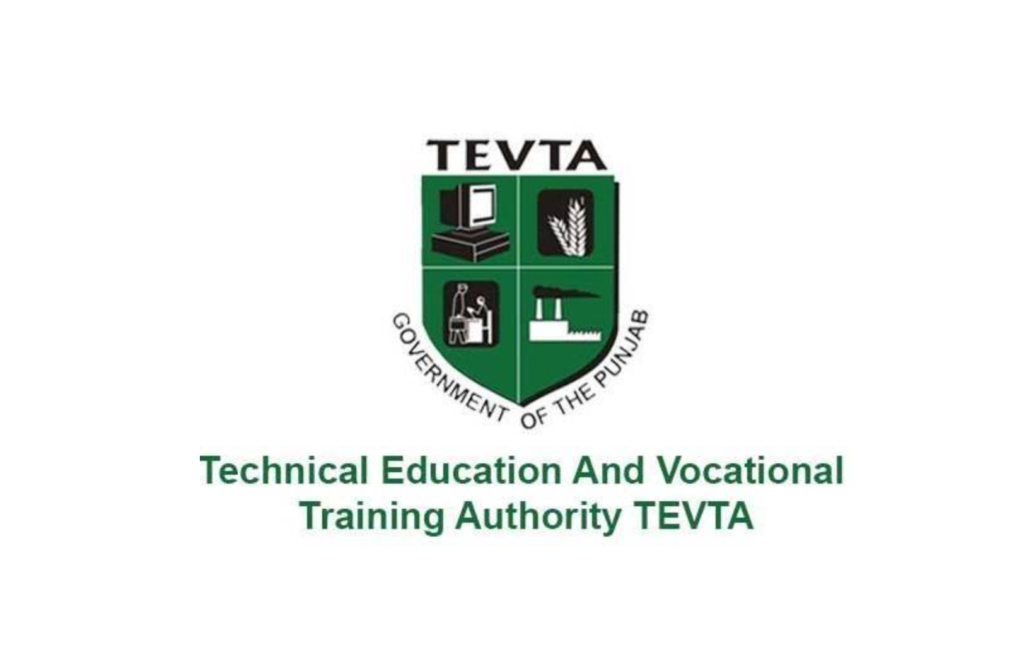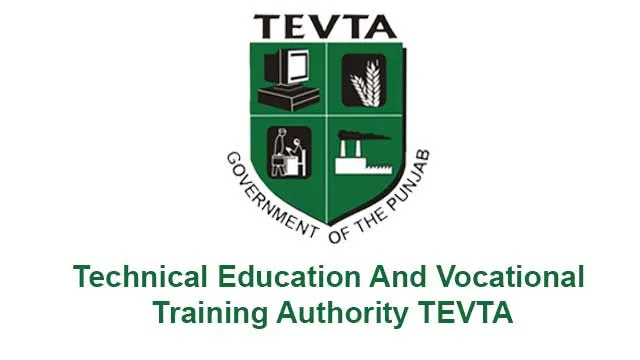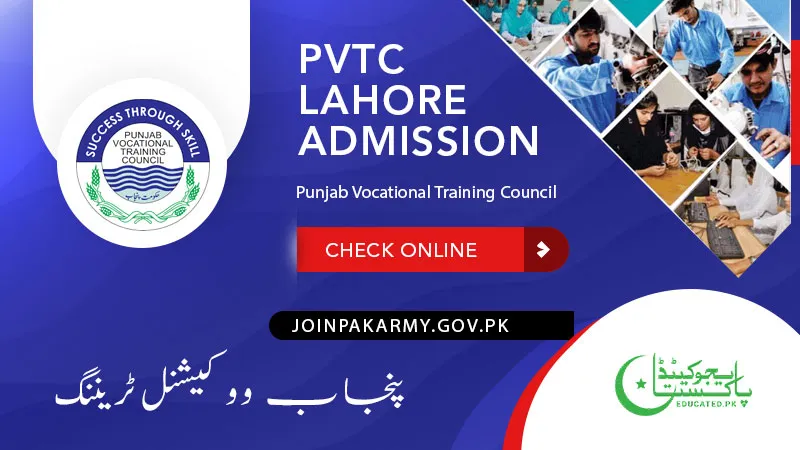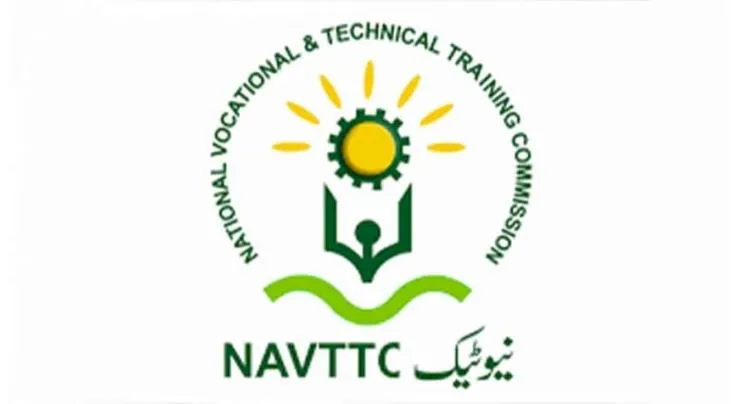How TEVTA is Shaping Pakistan’s Future with Free Technical Education

The Technical Education and Vocational Training Authority (TEVTA) is a leading government organization in Pakistan dedicated to empowering youth through skill-based education. Intending to reduce unemployment and foster economic growth, it provides free technical and vocational training to students across the country. By equipping individuals with industry-relevant skills, it is playing a vital role in shaping Pakistan’s workforce and driving national development.
Mission and Vision
It was established with a mission to provide quality technical and vocational education to individuals, enabling them to secure employment or start their businesses. The organization envisions a skilled and prosperous Pakistan where technical education is accessible to all, ensuring economic stability and sustainability. aims to:
- Offer free and affordable skill development programs in various trades.
- Collaborate with industries to create job-oriented training programs.
- Promote entrepreneurship and self-employment among youth.
- Enhance the country’s global competitiveness by producing a skilled workforce.
Free Technical Education: Bridging the Skills Gap
Pakistan faces a significant gap between academic education and market-required skills. Many graduates struggle to find employment due to a lack of practical expertise. It addresses this issue by providing hands-on training and industry-relevant education, ensuring that students are job-ready upon graduation.
Key Benefits of Training Programs:
- Cost-Free Learning: Students can enroll in programs without any financial burden.
- Diverse Course Offerings: Offers training in engineering, IT, hospitality, fashion design, automotive technology, healthcare, and more.
- Industry Collaboration: Courses are designed in partnership with businesses to meet market demands.
- Job Placement Assistance: Graduates receive guidance in securing employment in local and international markets.
- Entrepreneurship Development: It encourages students to start their businesses and provides the necessary resources.
Popular Programs and Courses
Offers a wide range of courses in multiple fields, equipping students with practical knowledge and technical expertise. Some of the most popular programs include:
- Information Technology (IT): Web development, graphic design, software engineering, and cybersecurity.
- Mechanical and Electrical Engineering: HVAC, plumbing, welding, and industrial machine operation.
- Health and Medical Training: Nursing assistant, medical lab technician, and pharmacy technician.
- Automobile Technology: Car mechanics, electric vehicle maintenance, and Auto CAD design.
- Textile and Fashion Design: Garment manufacturing, embroidery, and digital fashion design.
How to Enroll in Programs
Enrolling in courses is simple and accessible. Students can visit the official website or their nearest TEVTA institute to check course availability and admission criteria. Some programs require a basic education level, while others may have specific prerequisites. Interested individuals can apply online or submit their applications at TEVTA centers.
Impact of Pakistan’s Economy
Contribution extends beyond individual skill development; it plays a significant role in strengthening Pakistan’s economy. By training youth in high-demand trades, is:
- Reducing unemployment by preparing students for job opportunities in Pakistan and abroad.
- Boosting entrepreneurship by equipping individuals with the skills to start their own businesses.
- Enhancing foreign remittances as skilled workers find employment overseas and send earnings back to Pakistan.
- Supporting industrial growth by providing a trained workforce to various industries.
Challenges and Future Prospects
While TEVTA has made significant strides in technical education, challenges remain, such as:
- Limited awareness about free training programs.
- Need for more industry collaborations to update course curricula.
- Expanding institutes to remote and underprivileged areas.
To overcome these challenges, it is continuously working on expanding its reach, improving training facilities, and integrating modern technologies like artificial intelligence (AI) and digital learning into its curriculum.
Conclusion
It is playing a crucial role in transforming Pakistan’s workforce by offering free technical education and vocational training. Through skill development, job placement, and entrepreneurship programs, it’s empowering youth, reducing unemployment, and strengthening the economy. If you are looking to gain practical skills and secure a better future, it is the gateway to success.



